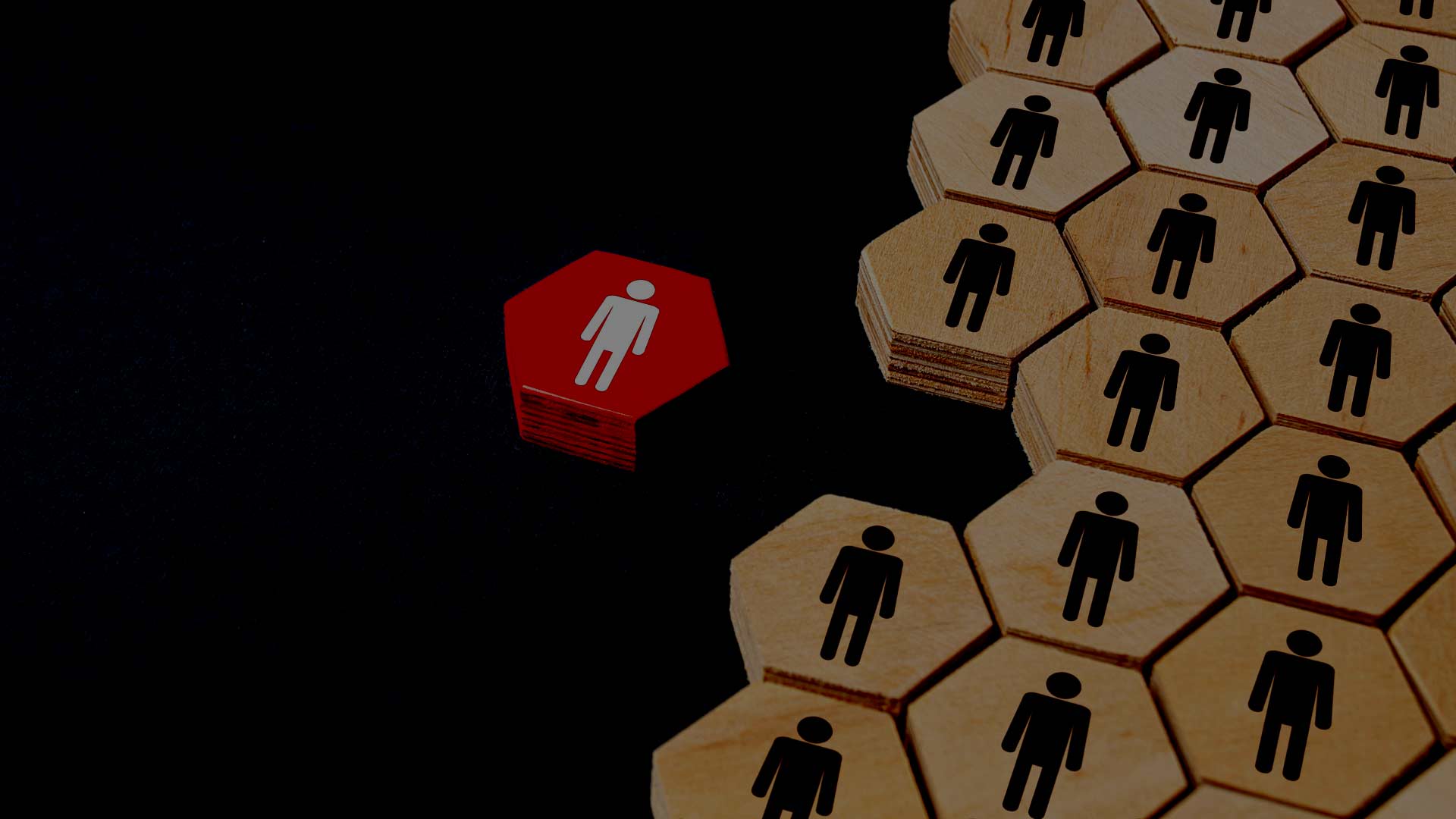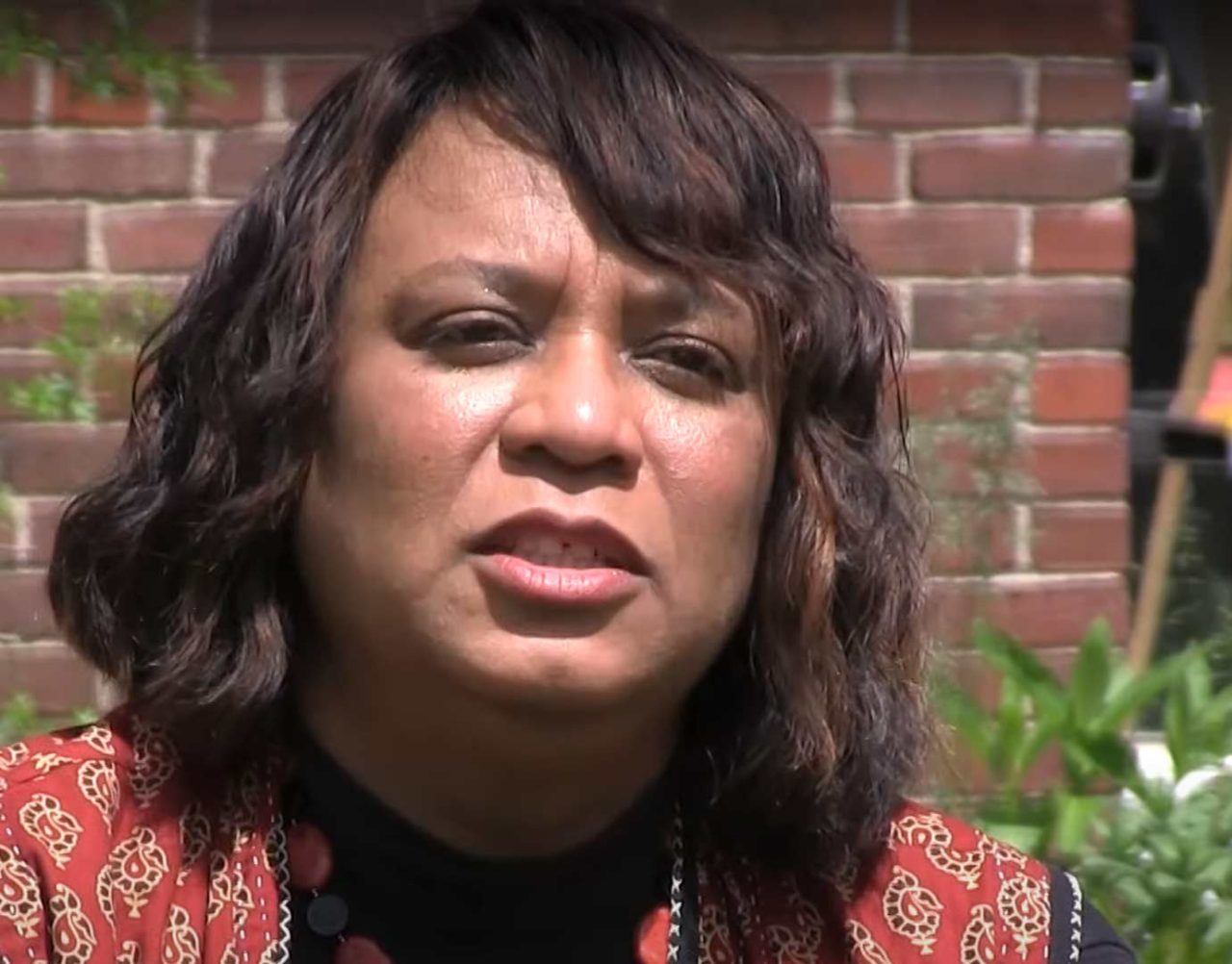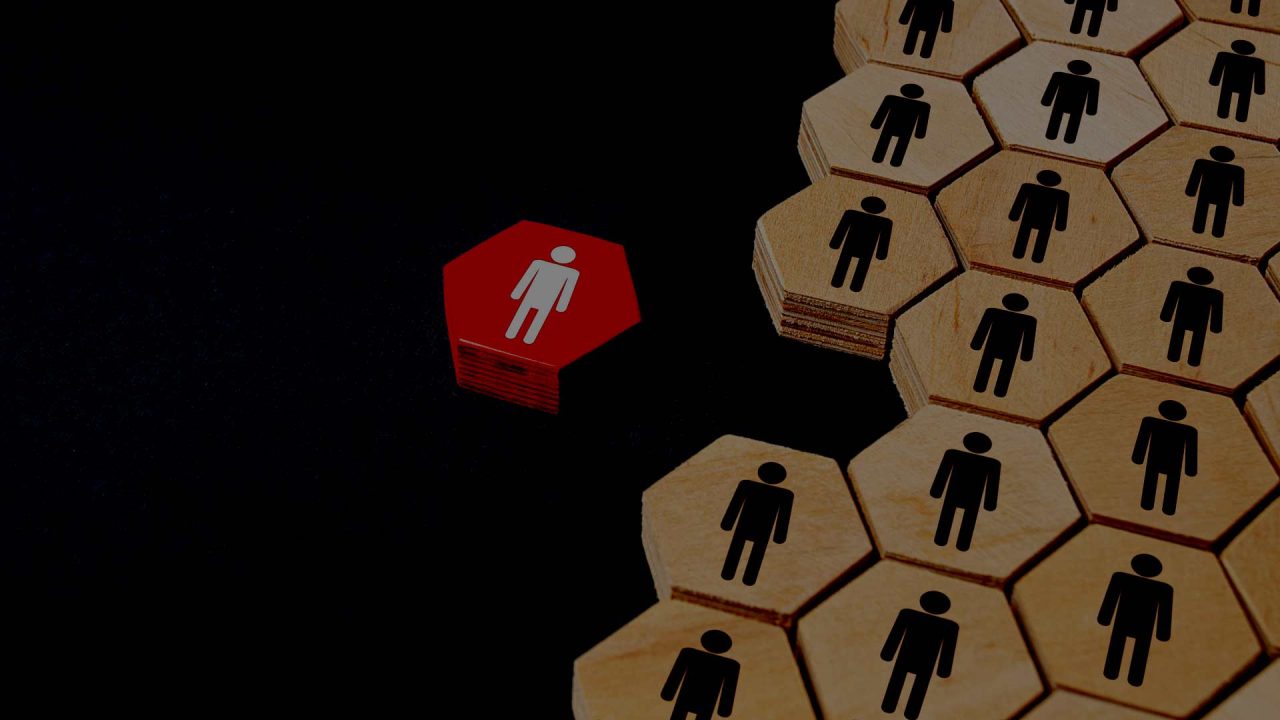
The Alaska Humanities Forum, a federally supported non-profit established to advance and preserve cultural traditions in the Last Frontier, is hosting a weekend-long conversation next month about the relationship between race and land in Alaska.

In order to attend the opening day of the Aug. 6-7 event, attendees must identify as either black, indigenous or a person of color (BIPOC). It’s not until day two that whites are invited to join the conversation.
Megan Cacciola, who serves as vice president of programs for the Alaska Humanities Forum, said the purpose of the event is to facilitate reflection and conversation among participants about how race and culture impacts their relationship to the land and each other.
The idea to exclude white people from the opening day came from the main presenter Mistinguette Smith of the Black/Land Project. Smith has facilitated a number of similar conversations around the country, and excluding whites is “something that she commonly does when she holds these conversations,” Cacciola said.
Smith is an outspoken apologist for the notion that America is a fundamentally racist nation, infected by systemic white supremacy and ongoing colonialism. She argues that these are persistent realities that many white Americans continue to perpetuate. She’s also active in LGBTQ politics, a critic of former President Donald Trump, an ardent supporter of abortion and a climate change activist.
When asked why the Alaska Humanities Forum agreed to Smith’s ban on white people for the opening day of the event, Cacciola said it was about making people feel comfortable.
“I think that it would just be an expectation that the event wasn’t made for them.”
– Alaska Humanities Forum Vice President of Programs Megan Cacciola
“When we’re talking about race, a lot of times, it can be a different conversation when people feel like they’re with people who are like them or they can tend to let down their guard more,” she said. “So, we wanted to make space to have people who felt like that was going to be a conversation where they could show up a little bit differently – that they could have that space.”
Cacciola didn’t provide any specifics in terms of how the Alaska Humanities Forum planned to enforce the exclusion of whites.
“I think that it would just be an expectation that the event wasn’t made for them,” she said. “I think that there are all sorts of events that are – there are events for veterans where the expectation is that if you’re going to the event, you’re a veteran. There are events for women, and this is just an event like that, where it’s for a specific community and so the expectation is that people are willing to honor that.”
The exclusion of white people on Aug. 6 is reflective of a fundamental belief popularized among many who ascribe to Critical Race Theory. A leading organization in this movement is the national BIPOC Project, which claims that America is “firmly entrenched in maintaining white supremacy, patriarchy and capitalism” and that “people of color have always understood the need for our own spaces without white people present, for our own safety and healing.”
ALASKA WATCHMAN DIRECT TO YOUR INBOX
The two-day event in Anchorage will include elements of storytelling, art, conversation, and connection to land and place. On day two, white people will be invited to participate. Event sponsors include Grow North Farm, The Alaska Center, NeighborWorks Alaska, Native Movement, Intertribal Agriculture Council, and the Alaska Botanical Garden.
The Alaska Humanities Forum was founded in 1972 and is supported by the federal agency, National Endowment for the Humanities. It is also a member of the increasingly left leaning Federation of State Humanities Councils, which pushes critical race theory and queer philosophy in humanities related projects around the country.
To register for the event, click here.








16 Comments
So my experiences with discrimination as a white man means nothing…
The sheep will follow there shepherd, even into destruction.
Slithering Smith will lead them into racial discrimination hiding behind the guise of victimhood. To victimize those who hold No Prejudice..
My home state is growing more insane as time goes on.. God help us!!
Please explain to me how this B.S. in NOT PREJUDICE? IM LISTENING for an answer! Well? It’s OK for you to say and be PREJUDICE? What a crook of crap.
Basic racism
Whites are the one group it is acceptable to exclude or exercise racism toward. It is happening all over America and folks should pay attention.
There are already places in Anchorage where whites are not really welcome.
Sad for Alaska
Anyone can go as long as they “identify” as BIPOC. So, do just that. BTW, it is disgusting that Ms. Cacciola uses Veterans as a comparison.
If you feel different being around a white person, then you should feel different being around ANY color of a person. Remember God made red, yellow, black and white.
Get over your lame excuse for being lazy.
Racist. All races matter not just people of color. What a way to try and stop racism than to exclude a race what is wrong with people, just stop talking about and devising which race can belong. We all belong together and we need to stop this bus asap
Well as an Alaska Native i feel threatened by her Racism why is she as a black person have anything to do with Alaska Lands Humanities. Wow This just feeds the Black Narrative fire and we as Native people are not one in the same. Inever see Blacks going back to Africa to live a village lifestyle that we do.
Follow the money! Look at who / what the Mat-Su “Health” Foundation supports and you will understand how the liberal road map is playing out
> …federally supported…
Your tax dollars at work. What do the feds do for us again?
Since I am a pinkish beige color, would I be allowed in?
Guess I could “identify” as a person of color, since I am. By the way, “black, and white, are shades, not colors”.
Typical. Give a mouse a cookie…
What a crock of pure crap!!!
Please. Black people are in very much more danger from each other than from any white people.
Perhaps Ms. Mistinguette Smith, fails to realize #1 what is ‘Humanities. #2 She is a mixed race person. # 3 Some of my grand children and great grand kids are darker than she, and I am very fair British Isles. So, then being ‘critical’ which ones do I not love, or which do I banish? Grandma PS: newsflash folks, GOD is no respecter of persons. Period!